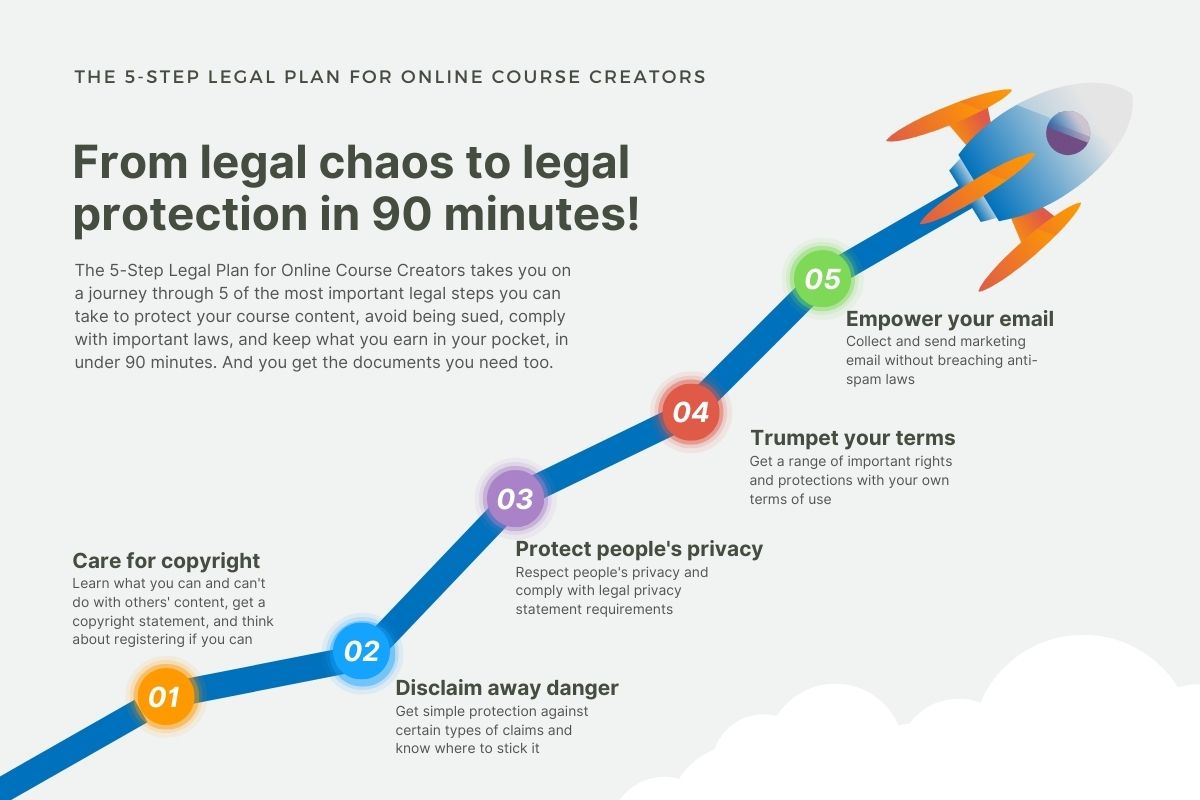A new era in document automation with WordPress
Like so many others, I’ve seen enough to be convinced that AI is here to stay, that it will get exponentially more powerful over time, and that the technology will transform many areas of work. Of course, document automation has been making inroads into the drafting of many kinds of documents for a long time. The value of automation, and the efficiencies and cost savings it can bring, are undeniable. Now that AI is on our doorstop and bashing down the door, what does this mean for orthodox document automation? With orthodox document automation, typically we create docx templates with ‘direct replacement’ merge tags and ‘conditional content’ merge tags that are processed to produce a customised document when someone fills out a form or answers a questionnaire. Another way of doing it is to convert html output to a docx file. In each case, the process (when done properly) ensures consistent and predictable outputs. With AI, the question becomes whether this tried and true method will be overtaken. My current view is that, at the …









